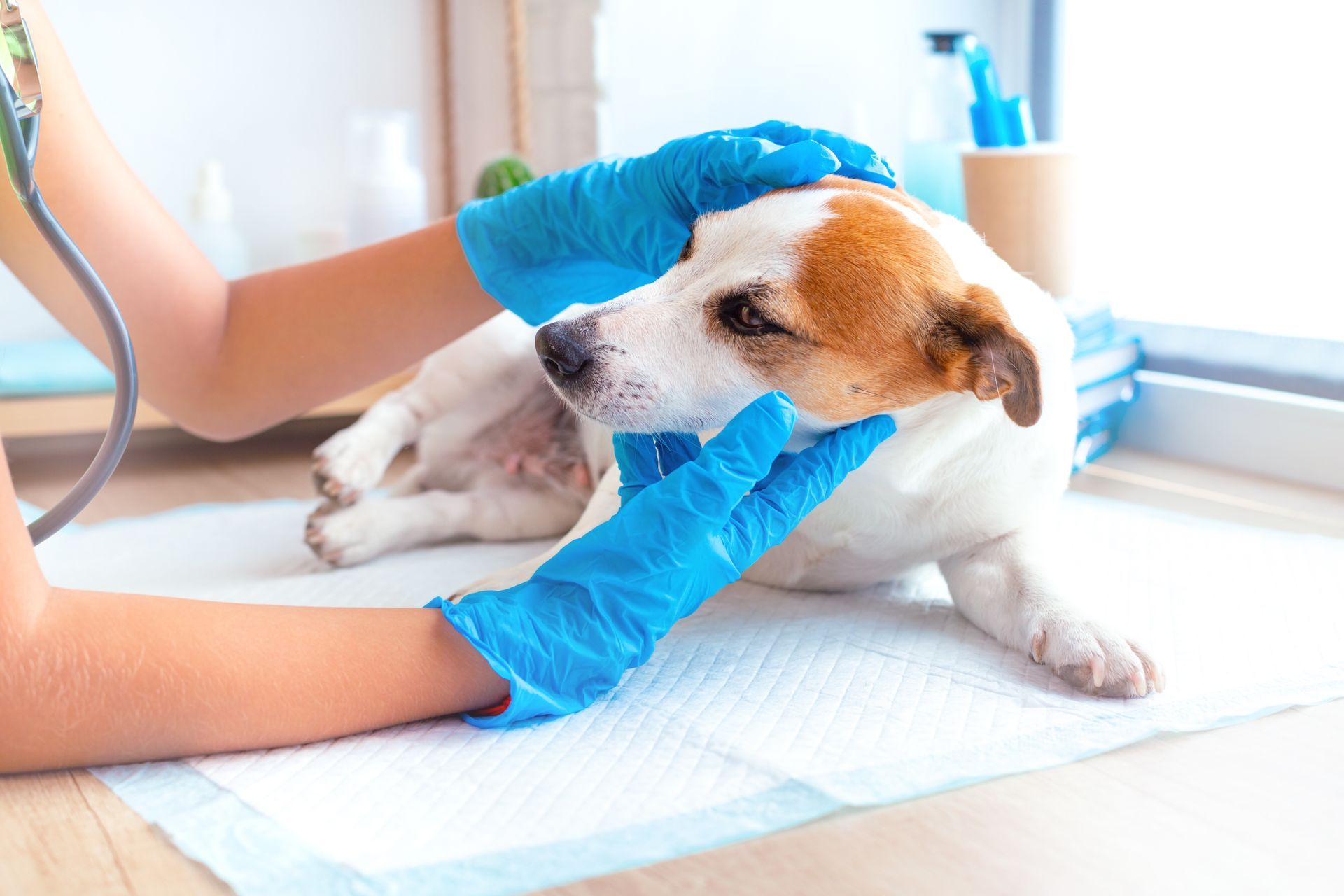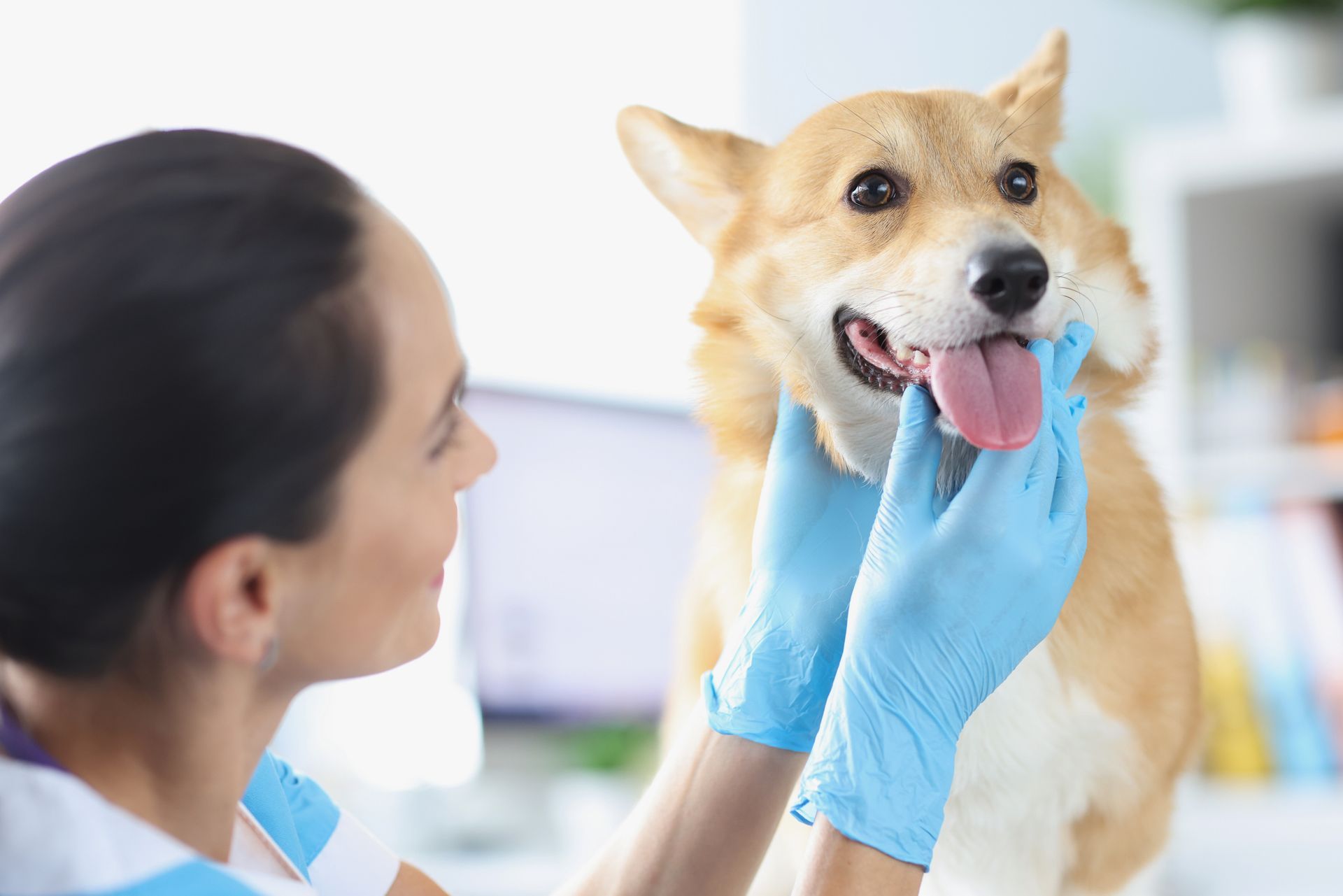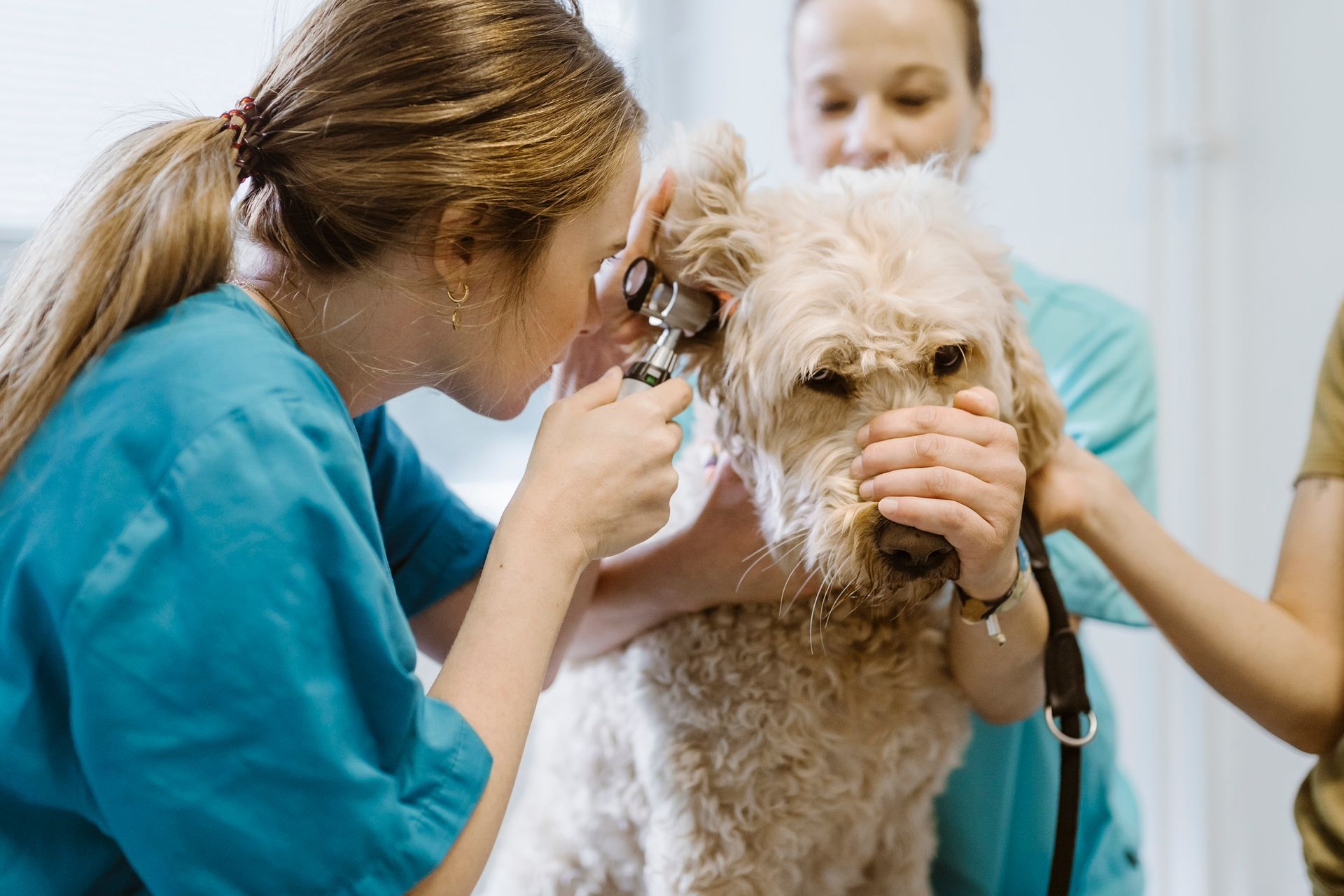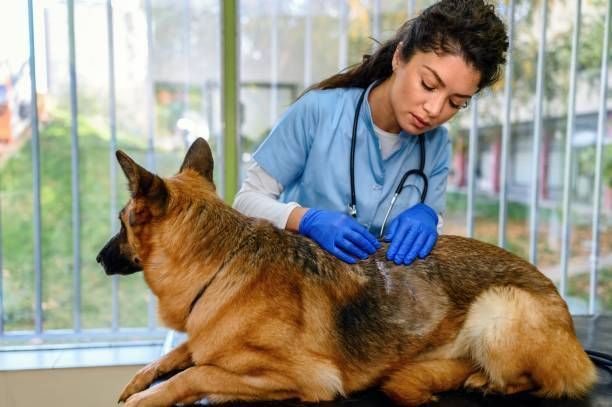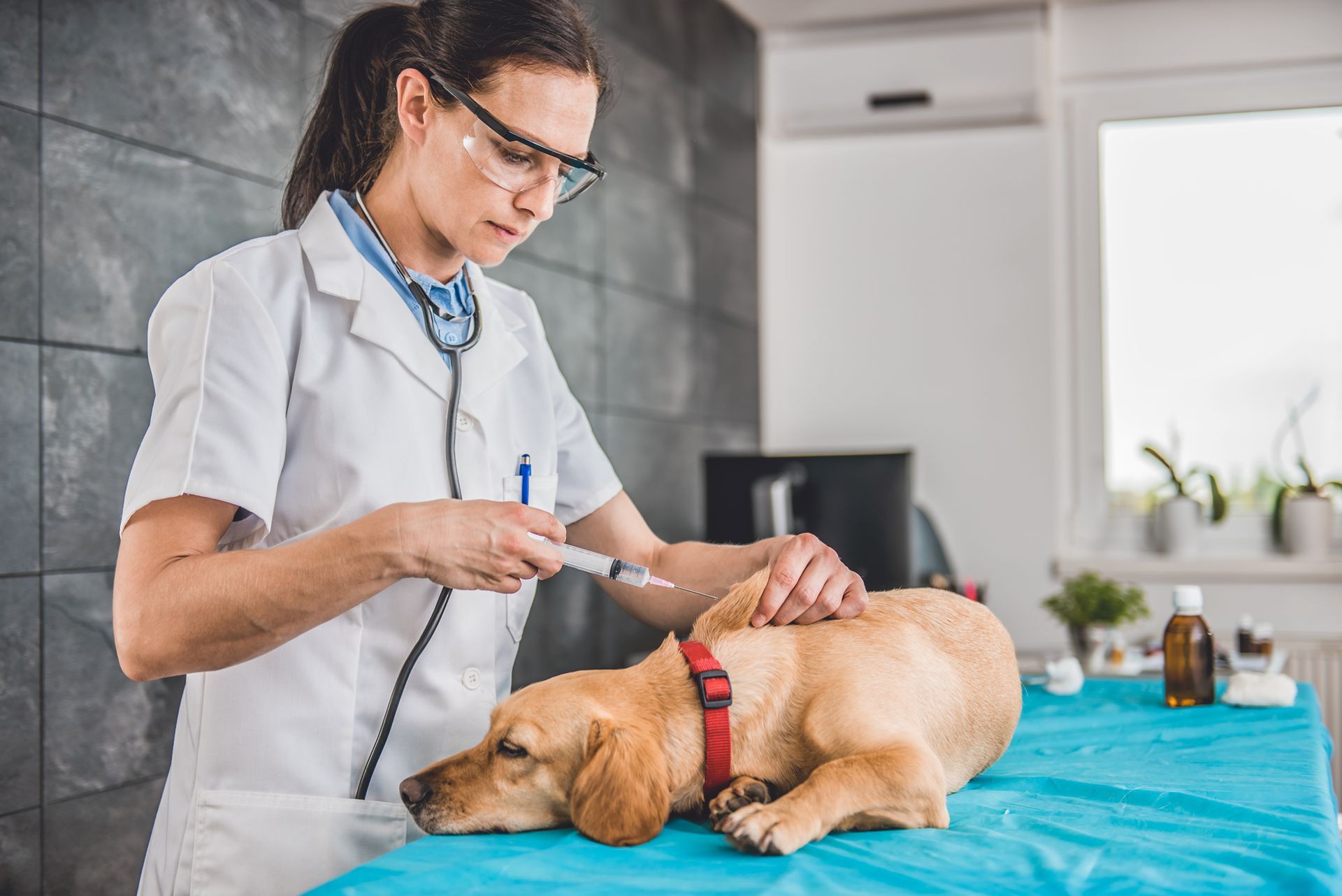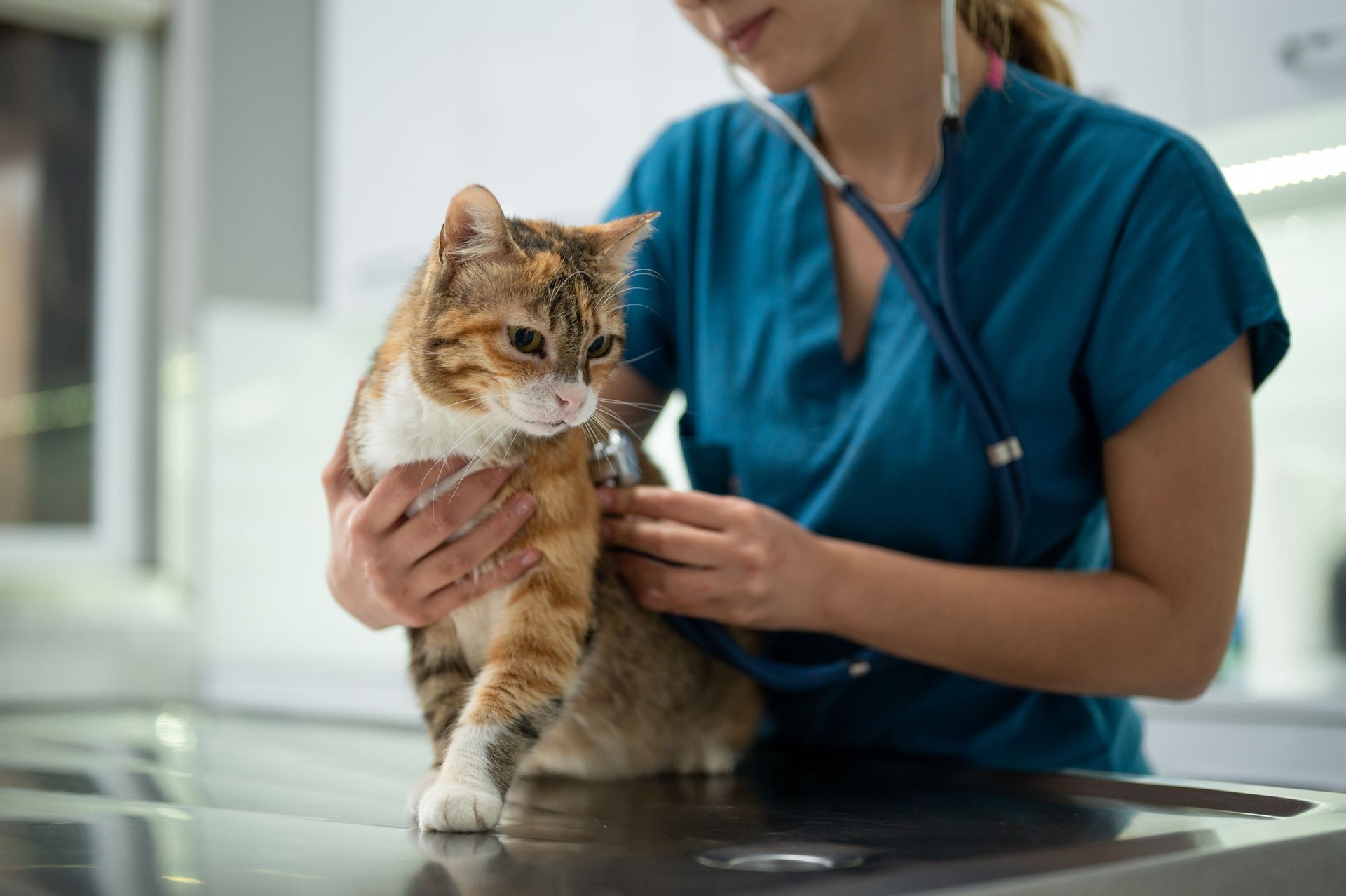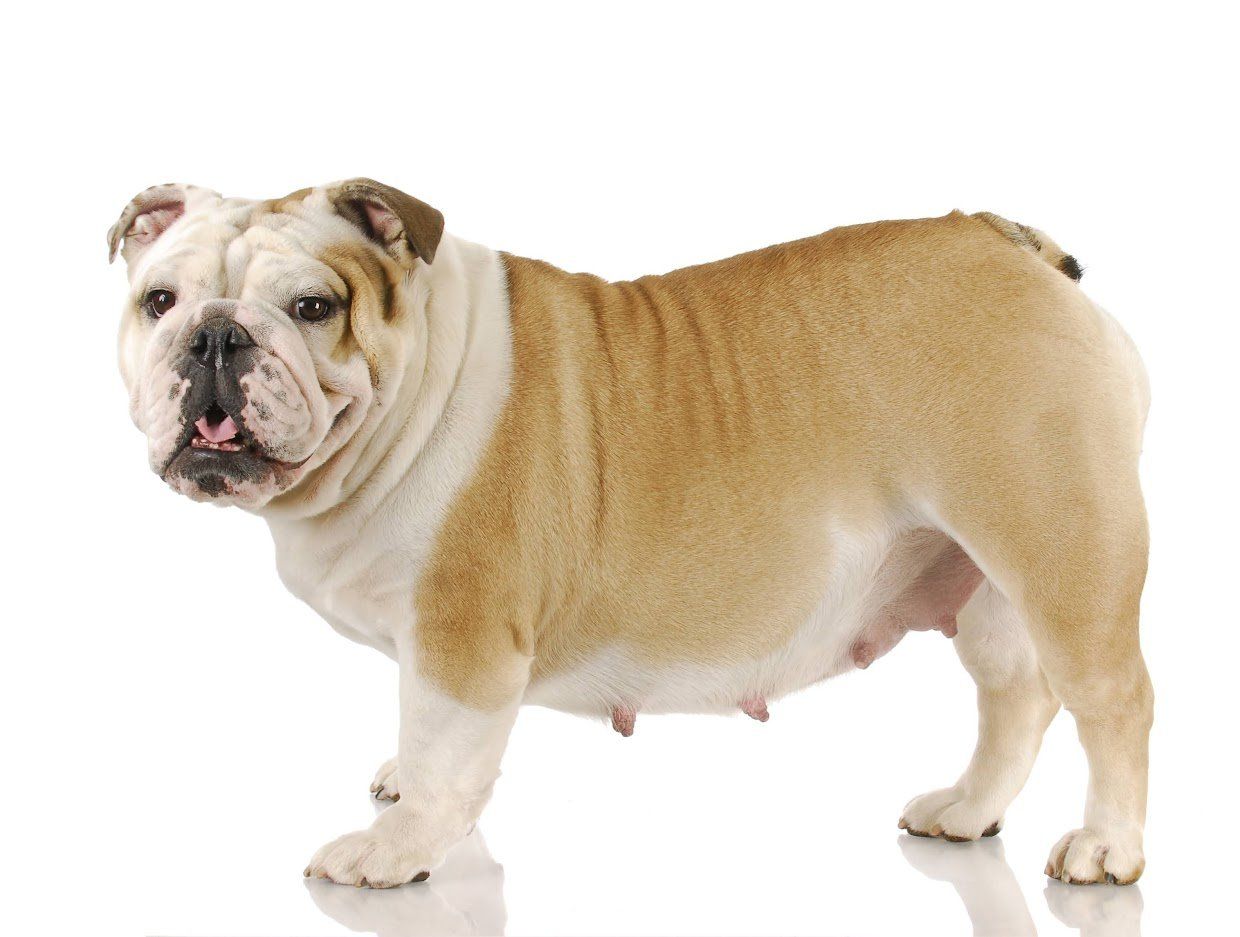Canine Hip Dysplasia and Your New Puppy
Welcoming a new dog into the family can be fun and exciting. While you might assume that your new puppy is happy and healthy, you need to monitor him or her carefully for signs of hip dysplasia.
Hip dysplasia is a condition that is often associated with older, large breed dogs, but it can affect dogs of all sizes and ages.
Learn how to notice and deal with hip dysplasia if your new puppy is a breed that is prone to the condition (such as a bulldog, pug, German shepherd, or Labrador).
Causes of Puppy Hip Dysplasia
When you know some of the more common causes of hip dysplasia, you can protect yourself against bringing home a puppy with this debilitating condition. The most prominent contributor to the development of hip dysplasia in dogs is genetics.
Your puppy's parents can be used as a benchmark to help you determine the risk of the puppy developing hip dysplasia in the future. The genetic mutation that causes the condition is inherited from one or both parents.
Environment can be an influencing factor in whether or not a dog displays severe outward signs of hip dysplasia, so you shouldn't let the fact that your puppy's parents seem healthy lull you into a false sense of security.
Only purchase from a breeder who can provide proof of genetic testing and a clean bill of health for both parents. If neither parent is a carrier of the gene for canine hip dysplasia, your puppy shouldn't be affected by the condition during his or her lifetime.
Diagnosing Hip Dysplasia in Puppies
Reputable breeders will typically give you time to secure an independent health check by your veterinarian after you purchase your puppy. If any problems (like the presence of canine hip dysplasia) are identified, you may be able to return the puppy for a full refund.
Your veterinarian will use many different techniques when assessing your puppy to determine if he or she has hip dysplasia.
A physical assessment of mobility will be administered to test for any pain or stiffness in the hip joint. Your puppy will be put through his or her paces so that your veterinarian can check for the tell-tale bunny-hop gait that many dogs with hip dysplasia exhibit.
Finally, your puppy will undergo an X-ray so that your veterinarian can visually inspect the hip joint for evidence of the ball sitting loosely in the joint. Each of these tests can help confirm or rule out a hip dysplasia diagnosis for your puppy.
Treating Hip Dysplasia
A healthy diet and regular exercise routine will be critical when caring for your puppy if he or she is diagnosed with hip dysplasia.
Excess weight can put a lot of stress on the hip joint, exacerbating the pain caused by hip dysplasia. You and your veterinarian will work together to create an exercise schedule that can strengthen the muscles near the hip joint and prevent cartilage degradation over time.
Some forms of exercise can actually accelerate the breakdown of cartilage in the hip joint, so a puppy with hip dysplasia should only participate in structured exercise.
Veterinarians can recommend surgery to correct hip dysplasia in severe cases and prescribe anti-inflammatory and pain medications for the duration of your puppy's lifetime. Careful attention to detail and ongoing medical care can help you manage your puppy's hip dysplasia successfully.
Contact Baywood Animal Hospital if you think your new puppy is exhibiting symptoms of hip dysplasia. We can help you diagnose and treat this debilitating condition so that you can enjoy a full and satisfying life with your puppy.


